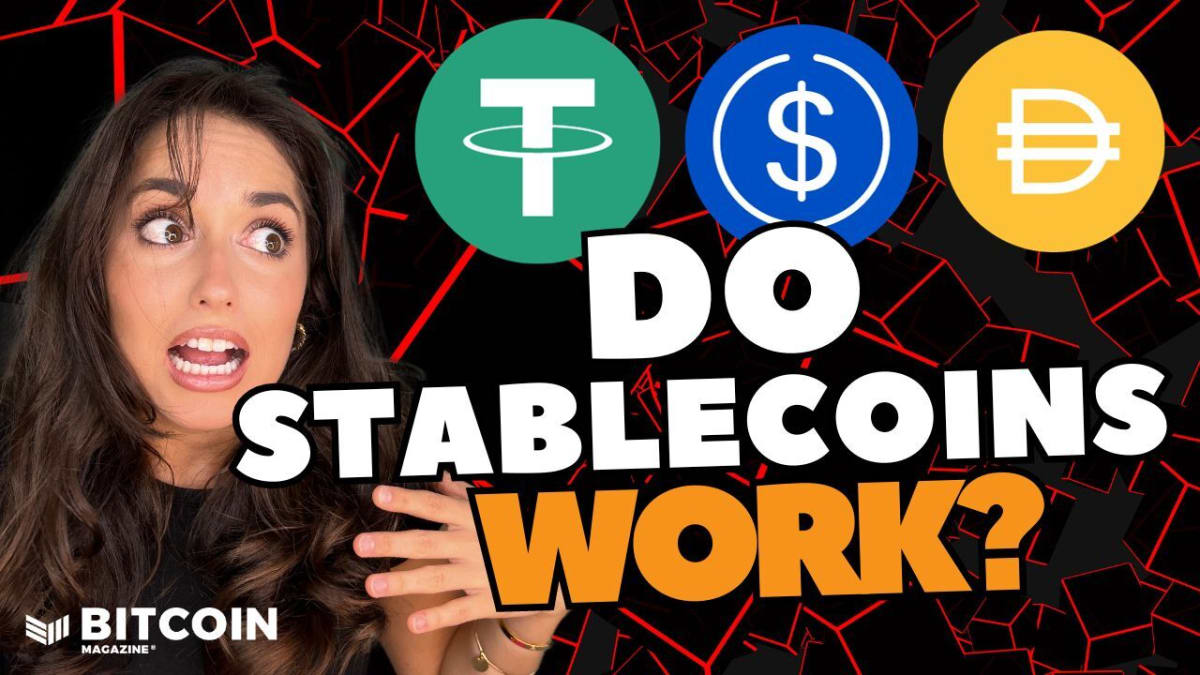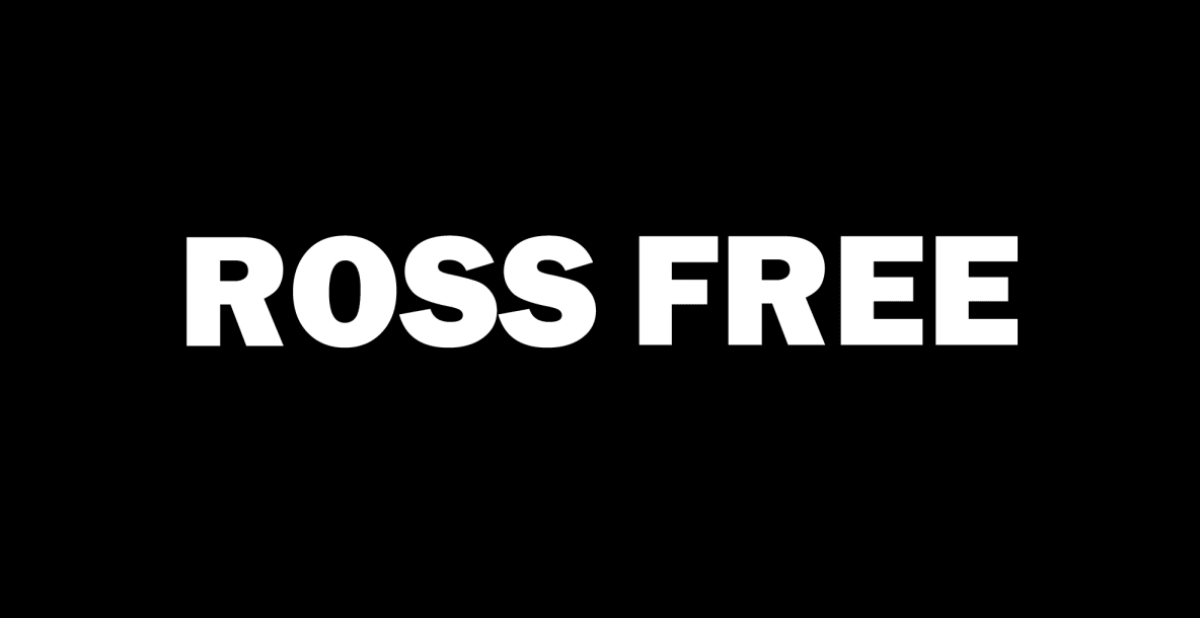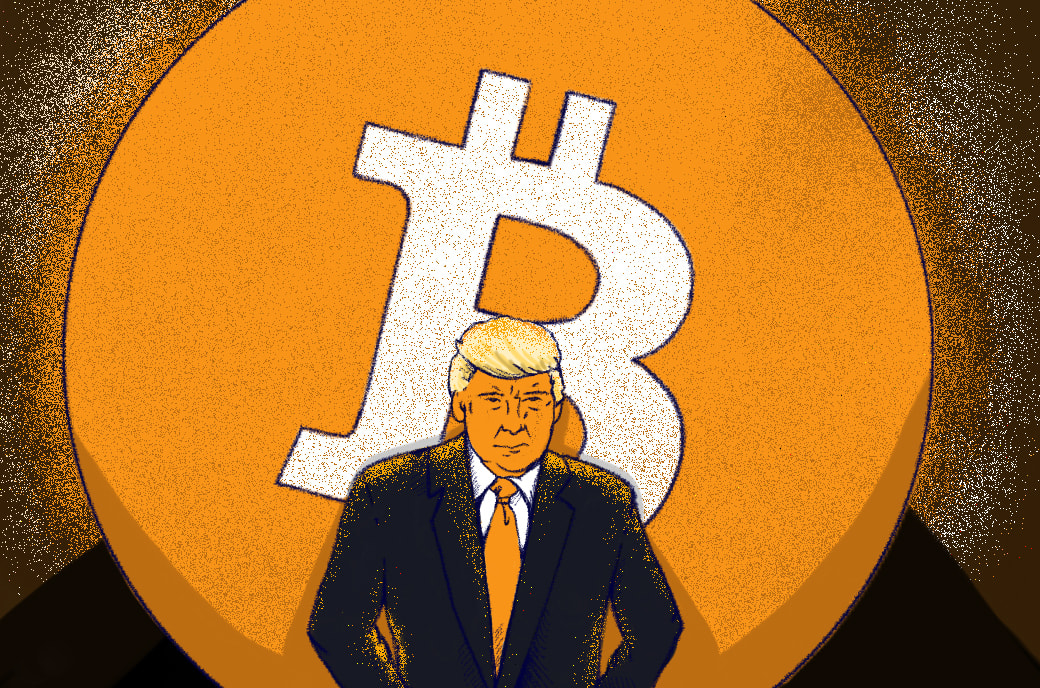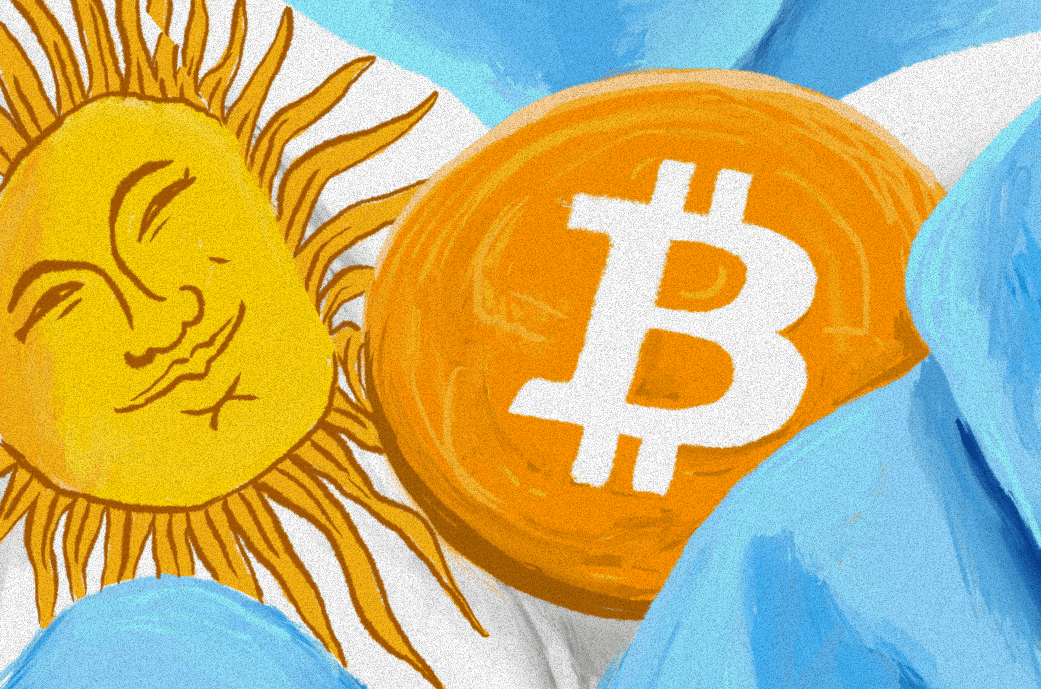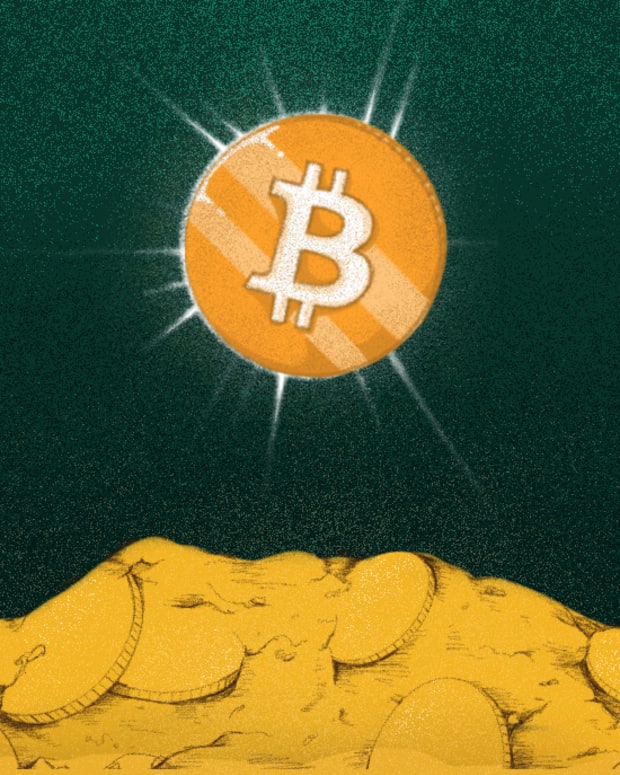Why You Should Be Optimistic About The Future Of Bitcoin
In this episode of “Meet The Taco Plebs,” Trezor’s Josef Tětek shared the reasons for his optimism around Bitcoin.
Watch This Episode On YouTube
Listen To This Episode:
- BitcoinTV
- Apple
- Spotify
- Libsyn
- Overcast
Austrian economics is a very common topic of discussion and study within the bitcoin community. Being the base economic theory upon which we find bitcoin resting, it makes sense that understanding this would be a primary lead for someone to get into bitcoin. Josef Tětek, one of our regular contributors here at Bitcoin Magazine, is an example of this.
Tětek has written some fantastic articles for us, including “Your Financial Data Is Not Private, Bitcoin Can Fix That,” “Here’s Why Bitcoin Will Rejuvenate Your Hope In Life” and “Bitcoin Is The Sustainable Money Europe Deserves.” Bullish on both bitcoin and on life, Tětek maintains an optimistic outlook that bears witness to the good bitcoin is capable of doing.
In our interview, we discussed how his foundations in Austrian economics lead him to Bitcoin, and how the reverse is often true of bitcoiners. We then discussed how Bitcoin has impacted his life, both in personal preferences and in his career. We touched on what he believes is the most important part of people’s bitcoin education — in his opinion, an understanding of fiat. Finally, we discussed what he is looking forward to in the space, and his bullish price thoughts. He said, “in the short term, we are usually too optimistic. In the long term, we are too pessimistic.”
Check out the podcast above and be sure to read our written interview.
What’s your Bitcoin rabbit hole story?
I studied Austrian economics at school, and after graduation I cofounded a libertarian think tank in the Czech Republic with similar-minded schoolmates. That was around 2011. We were mostly gold and silver bugs back then, and even though bitcoin was discussed among libertarians/Austrian economists, it was in a dismissive fashion at first. I remember the bubble when bitcoin went to $30 dollars and fell to $2 — I thought that was it for bitcoin.
In 2013, when Mt. Gox and Silk Road went down, I read up a bit more on bitcoin, but again I thought it was going to die after the major exchanges and markets were shut down. Then around 2015, I understood that this thing isn’t going to die and it’s actually what gold bugs had been looking for — a true free market money.
I regrettably got seduced by the lure of shitcoins in 2017 to 2018. The Bitcoin maximalist signal wasn’t that strong then, or maybe I simply chose to ignore it because I still had the fiat mindset and wanted my bags to pump. Anyway, I was a bad shitcoin trader and ended up with fewer sats after that period.
In 2020. I wrote a book with an unoriginal title — “Bitcoin: The Separation Of Money And State,” in Czech. It’s kind of similar to Saifedean’s or Vijay’s work — a dive into monetary history and monetary economics.
Writing the book finally transformed me into a Bitcoin maximalist — nothing but Bitcoin makes sense to me anymore.
How has Bitcoin changed your life?
I’m sort of a stereotypical bitcoiner in this aspect. Bitcoin definitely lowered my time preference: I think about the future much more, because there is something to look forward to. Fiat really messed up our economies and societies, and with Bitcoin we have a solution at hand.
Like many others, I started to search for value in other fields of life and found the benefits of intermittent fasting, the carnivore diet and regular exercise.
Bitcoin also changed my career. I left the corporate life in 2018 and I was able to focus first on “crypto,” then on Bitcoin when I found out that ”crypto“ is bullsh*t. I’ve been working for Trezor since Spring 2021 and it’s the best job of my life — I basically study Bitcoin every day and communicate why Bitcoin matters to others.
The pieces you have written for the magazine have aimed to educate others on how best to maximize their bitcoin stack. What do you think is most important for people to educate themselves about in regards to bitcoin?
Two things: how fiat works, and how Bitcoin works.
The majority of people don’t really think about how today’s money works. Many still believe there is some link to gold, or that central bankers have the science of money nailed down and there’s nothing wrong. But when you show people the long-term charts — interest rates, price levels, M2 money stock, central bank balance sheets, debt levels — it really doesn’t seem sustainable. So that’s the first important thing: to see that there’s something very wrong with how today’s monetary system operates.
The second one is how Bitcoin works. And I mean both as a monetary system and as a technology. Bitcoin’s value as money lies in its predictable, unchangeable monetary policy which is in direct contrast to the monetary policy of fiat money. But for people to benefit from this, they need to understand how it works on an individual level and how to hold bitcoin properly. And I believe the team at Trezor is doing a great job with providing the proper tools for ordinary people to safeguard their sats.
What are you most looking forward to in the Bitcoin space?
There’s many things. Taproot and Schnorr adoption and what benefits it will bring for users. El Salvador’s coming bitcoinization — and a massive growing adoption in developing countries in general. I’m looking forward to further growth in the Lightning Network and the third layer on top of it — check out Impervious AI’s recent hackathon, that is some fascinating stuff.
But mostly I’m looking forward to more and more people realizing that Bitcoin is never going away, and the implications of that.
What is your price prediction for the end of 2021, and the end of 2030?
Let me preface my answer with this: in the short term, we are usually too optimistic. In the long term, we are too pessimistic. At the end of 2021, I believe we will see bitcoin over $100,000. By 2030, over $1 million (in today’s purchasing power). But in the long run, fiat price doesn’t matter, because we will see fiat fail and bitcoin take over.


